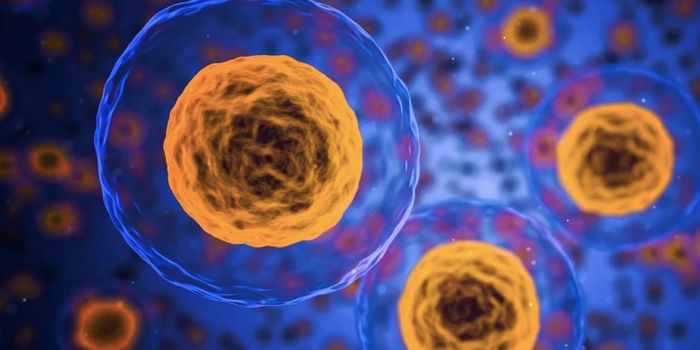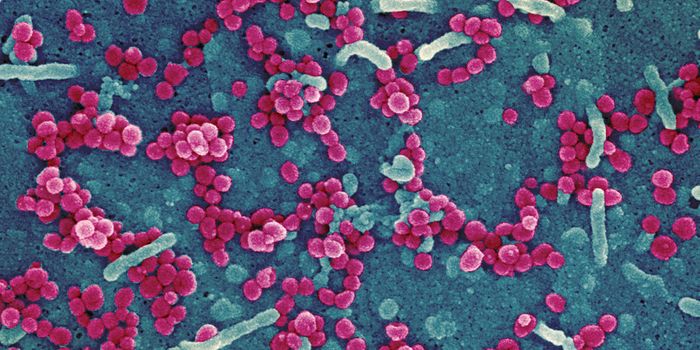If you want your children to reap the benefits of a more responsive immune system, teach them about altruistic giving.
According to new research published in Psychological Science, children as young as four years old demonstrated healthier heart rate and vagal tone when they donated tokens to what they were told was a sick child. Vagal tone indicates the body's ability to regulate physiological stress response.

An equally intriguing finding was that children from wealthier families shared fewer tokens than the kids from families with lower income, although all the participants were only from middle- and higher-income families.
Although it's just a single observation, my experience being stranded on a freeway in rush-hour traffic supports the trend apparent in the study. My car had stalled and I barely got in onto the roadside. Hundreds of drivers whizzed past-as I have done myself when I was the one trying to get home. I'm not suggesting people ought to have stopped; but one woman did.
A rattling relic of a van seemingly propelled by the cloud of smoke trailing behind it sputtered to the side of the road. Several windows were covered with plastic, obscuring the stacks clothing and boxes that made me wonder if it doubled as the driver's home. She leaned over to roll down the passenger's window as far as it would go-about a quarter of the way down. "Are you okay?" she asked in a husky tone that comforted me. "Do you need a ride to someplace?"
I tiptoed to speak into the open crease in the window: "Thank you for stopping. I've called AAA and I'm just waiting." My feeling at the time was that she was the least wealthy driver who passed me. I continue to marvel at the experience, and continue to ponder any link between her economic status and her generosity of spirit. I believe she would have driven me home had I asked her to.
I wish her good health, but I doubt she needs it. Previous studies have shown a link between altruistic giving and both physical and psychological health. The new study cites positive nervous systems responses in altruistic kids as young as 4-years-old.
In the study, 74 preschool children were given tokens they could trade for prizes at the end of sessions. Then, just before the session end, the participants were presented with the opportunity to donate some or all of their tokens to other kids who couldn't come to the lab because they were sick.
The kids who donated tokens to help sick kids showed vagal tone consistent with better physiological regulation.
The University of California, Davis' Jonas Miller, who led the study, said: "The findings provide us with a new understanding of how children's altruistic behaviors, family wealth, and physiological health are intertwined.
"We usually think of altruism as coming at a cost to the giver, but our findings suggest that when children forgo self-gain to help people who are less fortunate, they may get something back in the form of higher vagal tone," Miller explains. "It means we might be wired from a young age to derive a sense of safety from providing care for others."
High vagal tone has been associated with feelings of safety and calm and, according to Miller, is related to better physical health, behavior, and social skills among young children.
Miller said his findings that less sharing behavior was observed in the higher-income group implies that certain aspects of high-SES culture that have been observed in adults, such as increased self-focus and decreased social sensitivity, might be present in children as young as age 4.
Follow Will Hector on Twitter: @WriterWithHeart
(Source: Science Daily)









